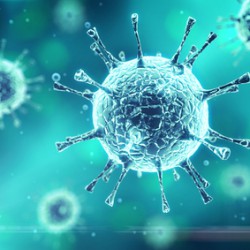
A new discovery made at the Center for RNA Research at IBS could provide some insight into how cancerous tumors are formed in the body and how their growth can be repressed. This could be very big news for those undergoing treatment with Issels Integrative Immuno-Oncology.
For the first time, researchers have discovered that the enzyme PKR is activated during cellular mitosis. PKR was previously known as a trigger of immune response during a viral infection. It is believed that the disruption of PKR activation causes a delay in mitotic progression and defects in cell division that ultimately results in cancer growth.
Researchers also discovered that PKR activation is closely regulated by TAR RNA Binding Protein, or TRBP. TRBP inhibits PKR activation and otherwise helps control the cell cycle.
It isn’t yet known what this new research means for cancer treatment, but this new discovery could lead to revolutionary new cancer treatments that prevent cancer cells from dividing. Given time, there could be a treatment that safely affects tumors before they have time to spread.
Issels® and Cancer Treatment
We at Issels® focus closely on the tumor and the tumor microenvironment in our cancer treatment and research, so this discovery is very exciting and could change the way we look at cancer treatment. For more information about Issels® and our alternative cancer treatments, visit us online at http://issels.com.





